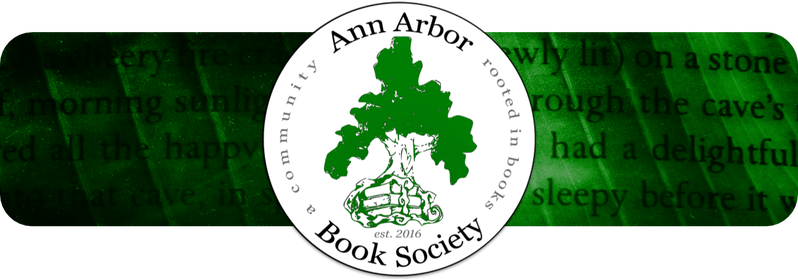Throughout the pandemic, my friends and I spent our days walking around Ann Arbor, discovering pathways and green spaces that we had never noticed as we moved about the world living our normal lives. Sarah Magee, in her debut novel, I Never Said I Love You, used her quiet pandemic days to bring the hidden spaces in Ann Arbor to the world.
Her book moves between the heady, post-pandemic days of international air travel and the quieter world of the University of Michigan during the early 2000’s. Grounded by COVID, the narrator, a woman now in her forties, has been cleaning and sorting, and in the process, stumbled onto memories of her college days that she had very deliberately chosen to forget. Now, as those memories come flooding back, she takes the reader into Ann Arbor and the University that existed at that time, when Stucchi’s ice cream was just steps away from campus and canoes outnumbered the bright plastic kayaks on the Huron River.
In class, Liss meets Nao Kao, a graduate student from Laos whose history and background expands her understanding not only of Laos, but of the incredible journey that has led him to the United States and to her. At the same time, as their friendship grows and deepens, she introduces him to the town and campus, and in doing so, writes a love letter to Ann Arbor that will resonate beyond the campus and city limits. Whether she is describing the luxuries of first class air travel (showers and in-flight ice cream sundae bars, who knew???) or describing the shadow that fell across the campus the night of 9/11, Magee’s setting becomes an additional character that contributes richly to moving the story forward.
When asked about why she chose to ground the story in Ann Arbor, Magee responded “Ann Arbor made sense as a setting because I know and love the city so well. Like Liss, I spent many happy childhood days spinning the cube, enjoying the Ark, and – in hindsight – basking in all that Ann Arbor and U of M have to offer. Ann Arbor is also where I was studying – albeit as an undergrad – at the time the story takes place, so from that sense, I could really write about it as it was circa 2001. And last but not least, this started out as a story for my friends, as a bit of escapism during the pandemic – setting it in Ann Arbor was an important way to take us all back to another time and to include, if not to pay tribute to, some favorite haunts.”
And if the story had been set elsewhere? “The contours of story would have remained, but I think the story would have lost some of its color. I did consider a couple of other locations, but Ann Arbor just offers so much as a setting and allowed me to write about it almost as a character in the story.”
For the portion of the book which is set in Laos, Magee needed to do a bit more research. “In terms of Laos, I did a lot of reading, sitting in on webinars, internet researching, and especially picking the brains and memories of my friends in Southeast Asia. While the academic research served me well in writing the passages that dealt with the history of Laos, the latter was particularly valuable in describing contemporary Laos, and especially Nao Kao’s life experiences. As I note in the acknowledgements, I am especially indebted to Khemara who has shared so much with me over the years, and without whom there could have been neither a story nor a book.”
When asked whether it was more difficult to write about character versus setting, Magee leaned hard on the side of setting. “I think writing about a place is harder! Characters, even when they’re grounded in real-life individuals, are fictional. No one is going to say, “I know Character X and no way would she have said that!” On the other hand, many people have a memory of a place, and so any errors are bound to stand out. That said, zeitgeist is more individual, and so I’ve tried to strike a balance with all of the places I’ve written about between the facts and the feelings the place evokes.”
As a woman whose work takes her around the globe, Magee says she hopes to bring a sense of the wider world to her readers, a world where people from entirely different backgrounds can find love, laughter and solace in one another, choosing to look at their similarities more than their differences. In these challenging geo-political times, it feels like particularly good advice.
–Linda Cotton Jeffries


